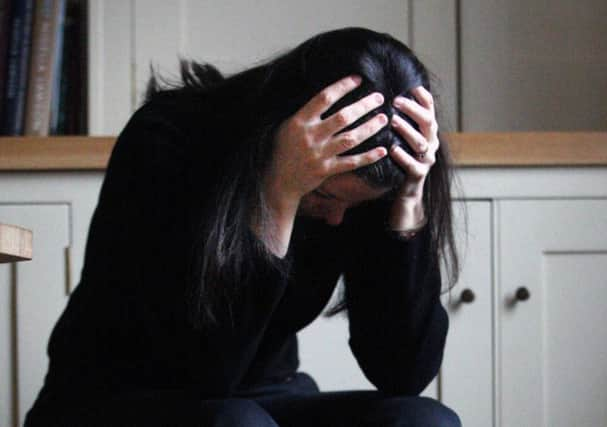Greg Wright: How Coronation Street and the Salvation Army are working together to raise awareness of modern slavery


Read more:
Advertisement
Hide AdAdvertisement
Hide AdWhen a major soap like Coronation Street includes a story about modern slavery it must make people think twice before they accept goods and services at prices that seem too good to be true.
Regular readers of this column will know my long-standing concerns about the plight of modern slavery victims who are forced to work in car washes. In some cases, car wash workers have suffered from chemical burns and trench foot after being held as captives in appalling conditions.
We must applaud Coronation Street which has worked with The Salvation Army to launch a European awareness campaign to help people who are being forced to work as slaves, often in plain sight.
One of the characters, Alina, is working in a nail bar on the Street. Suspicions are aroused that all is not well when she becomes anxious around her boss.
Advertisement
Hide AdAdvertisement
Hide AdTo quote the actress Ruxandra Porojnicu, who plays Alina: “All these victims, like in Alina’s case, can appear like they are living a normal life. No one would notice they are going through such tough times and they need help unless we look more closely. Victims need to know there are so many people who care for them and support is available when they need it.”
The Salvation Army is running a social media campaign which uses adverts to show that human suffering is often behind cheap products and services. The adverts trick people into thinking they are going to get a cheap deal on goods commonly funded by modern slavery such as nail bars and car washes. Once the audience clicks through to the advert they will be taken to a page featuring stories of real victims of modern slavery who have been supported by The Salvation Army.
Victims seeking help who have been trafficked to or within England and Wales can be referred to The Salvation Army through a confidential dedicated referral line 0300 303 8151 available 24 hours a day.
Major Kathy Betteridge, Director of Anti Trafficking and Modern Slavery at The Salvation Army, said: “Since The Salvation Army started providing specialist support to victims of modern slavery through the Government contract, we have helped more than 8,000 victims begin the long journey to recovery. We want people to open their eyes and see that people are being forced to work as slaves across the UK. Trafficking impacts all of Europe. In many Eastern European countries people are being tricked into seemingly lucrative work in Western Europe, only to find themselves held against their will by debt and threats to themselves and their families back home. The Salvation Army has made combatting modern slavery a global priority.”
Advertisement
Hide AdAdvertisement
Hide AdThe Salvation Army has held the Government contract to support adult victims of modern slavery in England and Wales since 2011.
But what are the factors that make somebody vulnerable to slavery? Unseen, a national charity that works with the police, government and businesses to stop workers being exploited, found that becoming homeless could increase your chances of becoming a slavery victim.
Andrew Smith, CEO of Hull Homeless, who is also chair of Humber Modern Slavery Partnership, said: “Traffickers often gain people’s trust at soup kitchens and drop ins and trick them into slavery through false stories of success and money. We know from working with partners around the UK that exploiters and criminal gangs have tried to register as volunteers with homeless charities, using a position of trust to coerce service users into forced labour.”
“We must look to help all frontline homeless services to better understand the signs, risk factors and potential harm to homeless and roofless people as regards modern slavery. Only by working together in partnership can we make the homeless sector a hostile environment for traffickers and exploiters.”
Advertisement
Hide AdAdvertisement
Hide AdWe might like to believe that slavery has been banished from Briton. However, Unseen’s helpline has recorded an upward trend. 2018 saw more than 7,300 contacts to the helpline - through calls, online forms, and app submissions- indicating the existence of 7,100 potential victims, a 40 per cent increase on 2017.
Tragically, Alina’s plight is not confined to the realms of fiction.